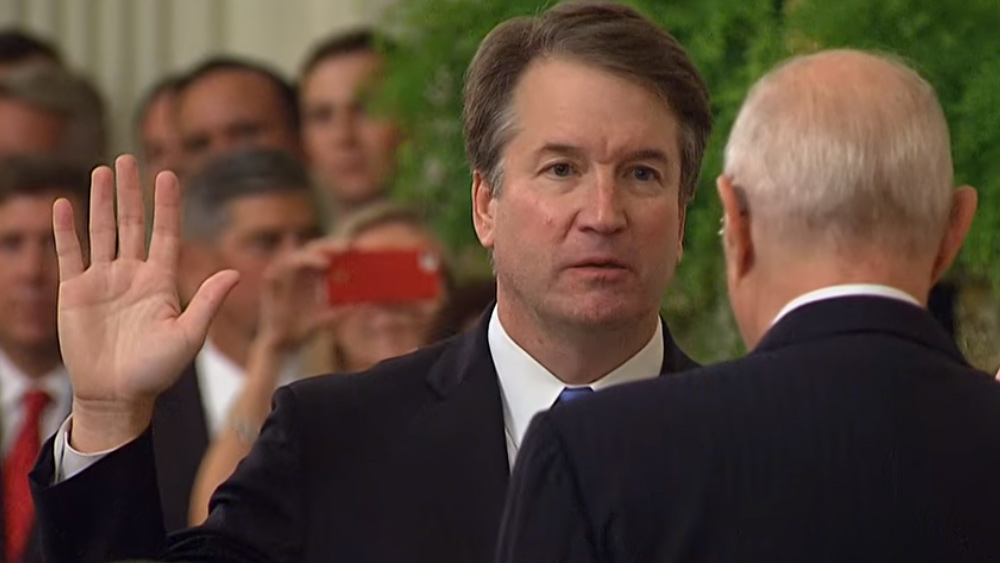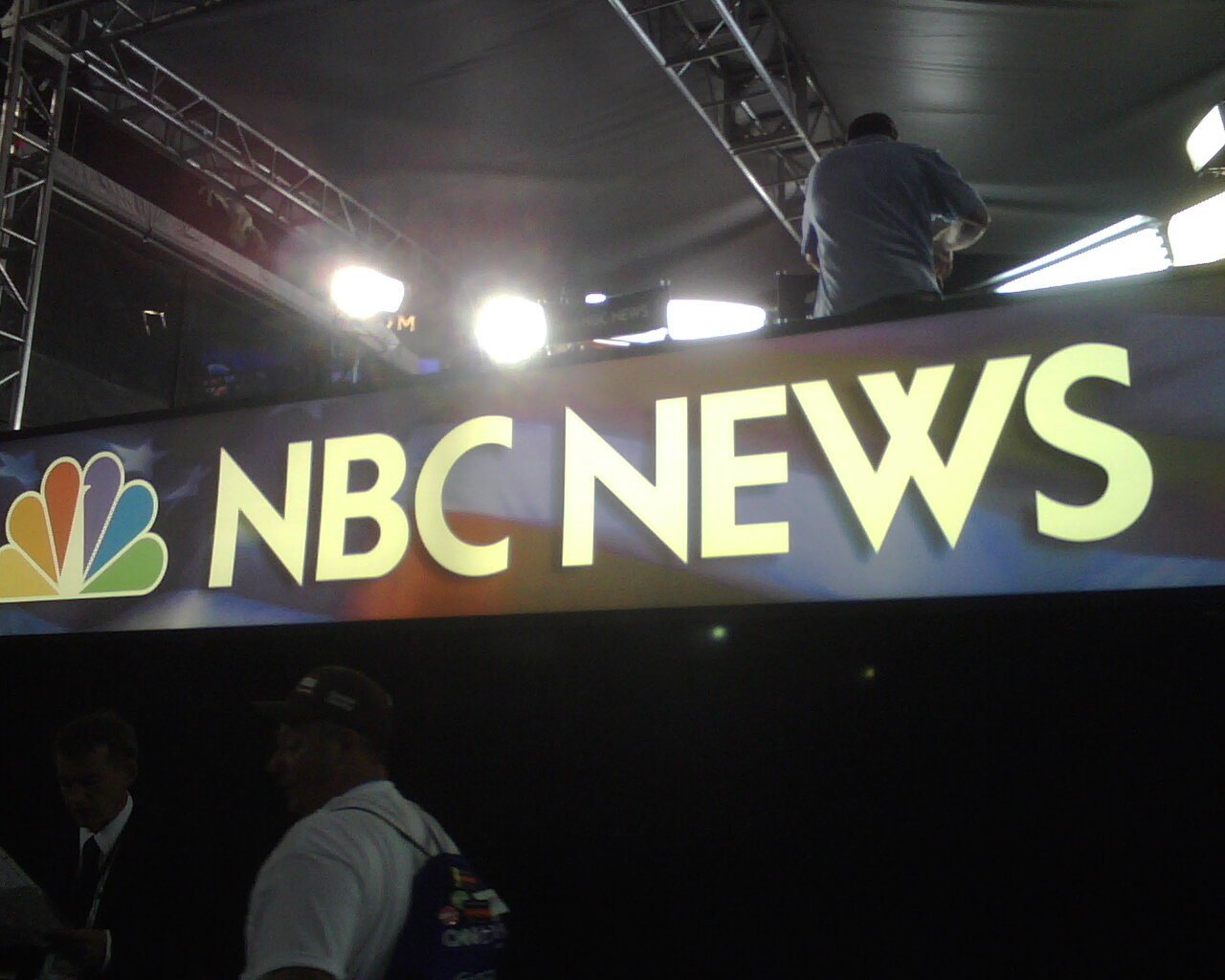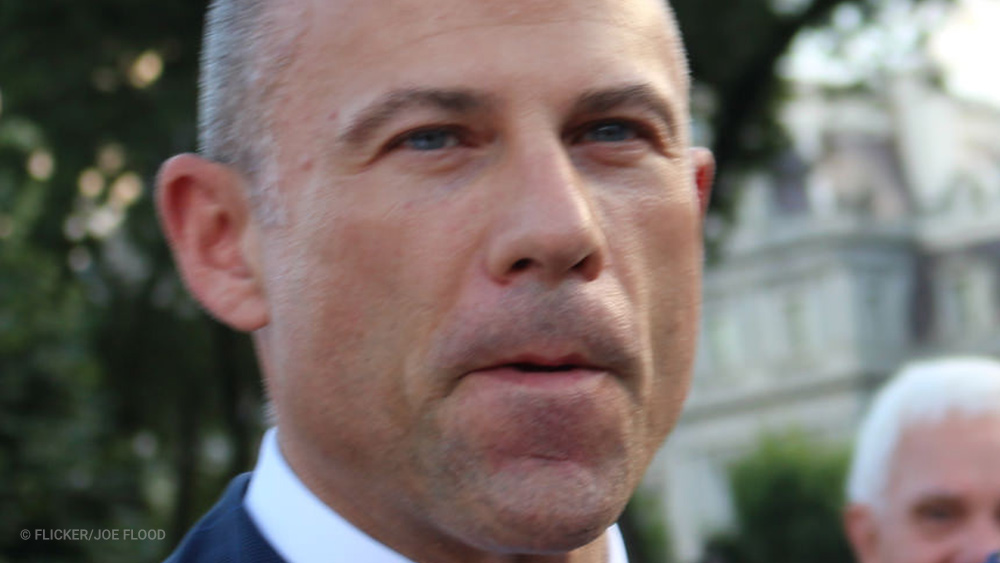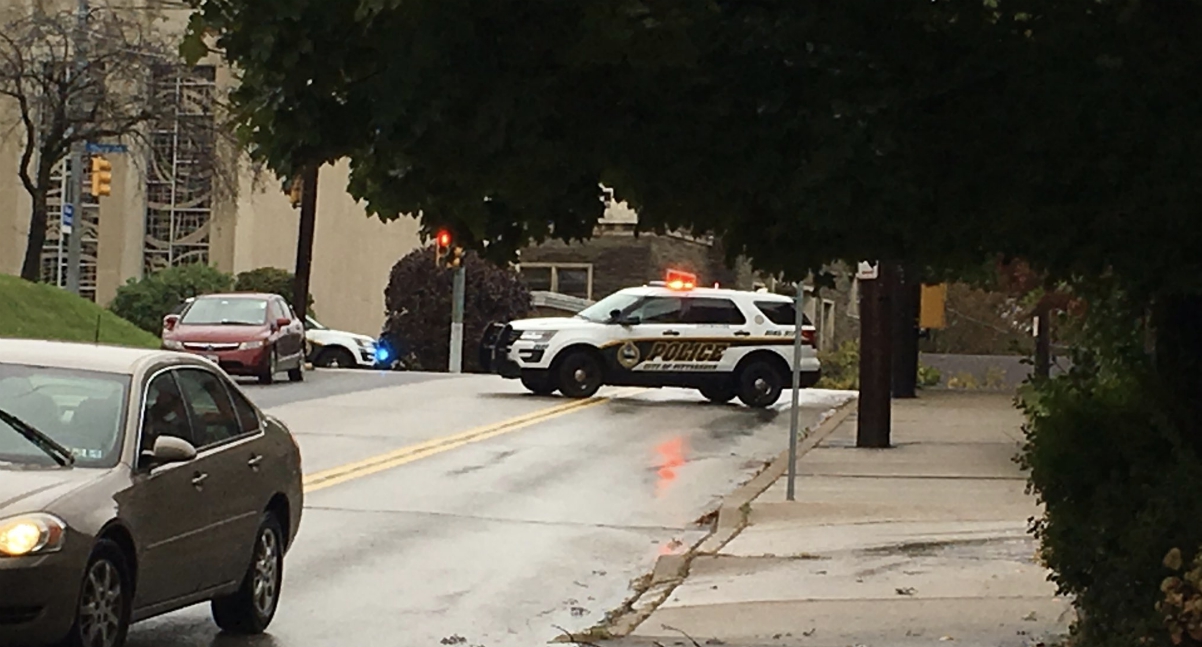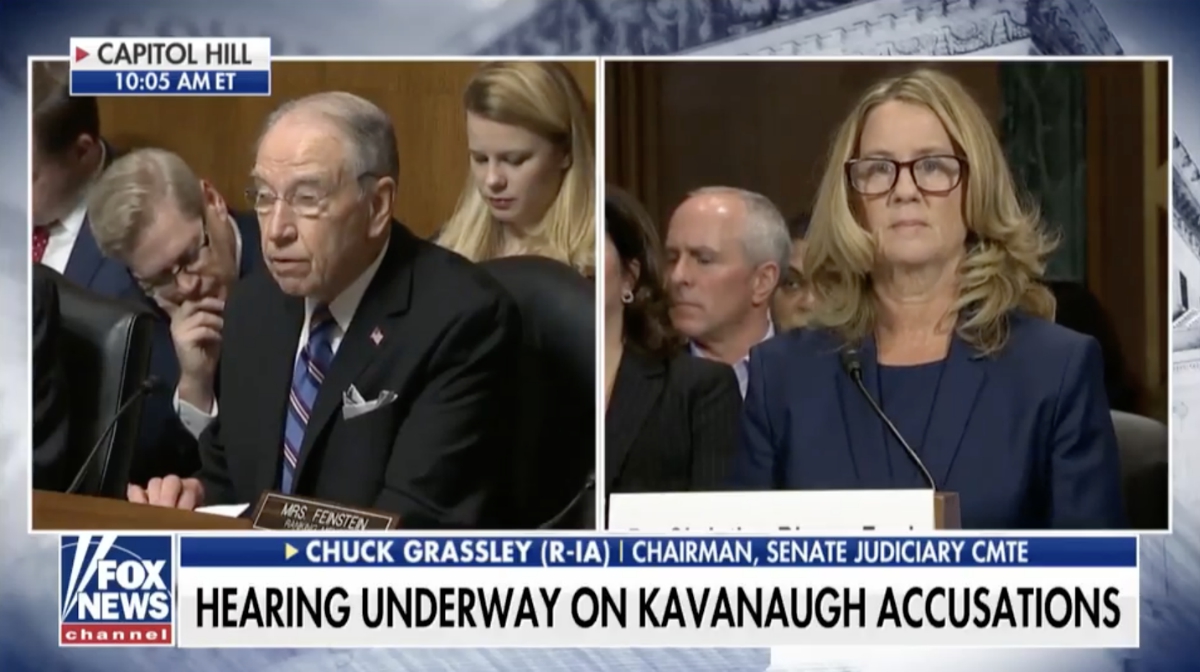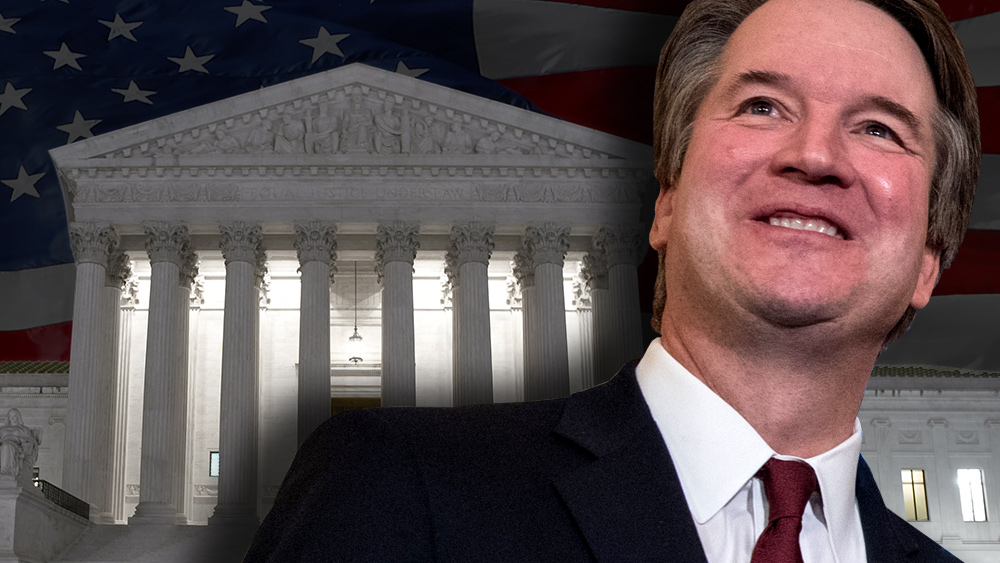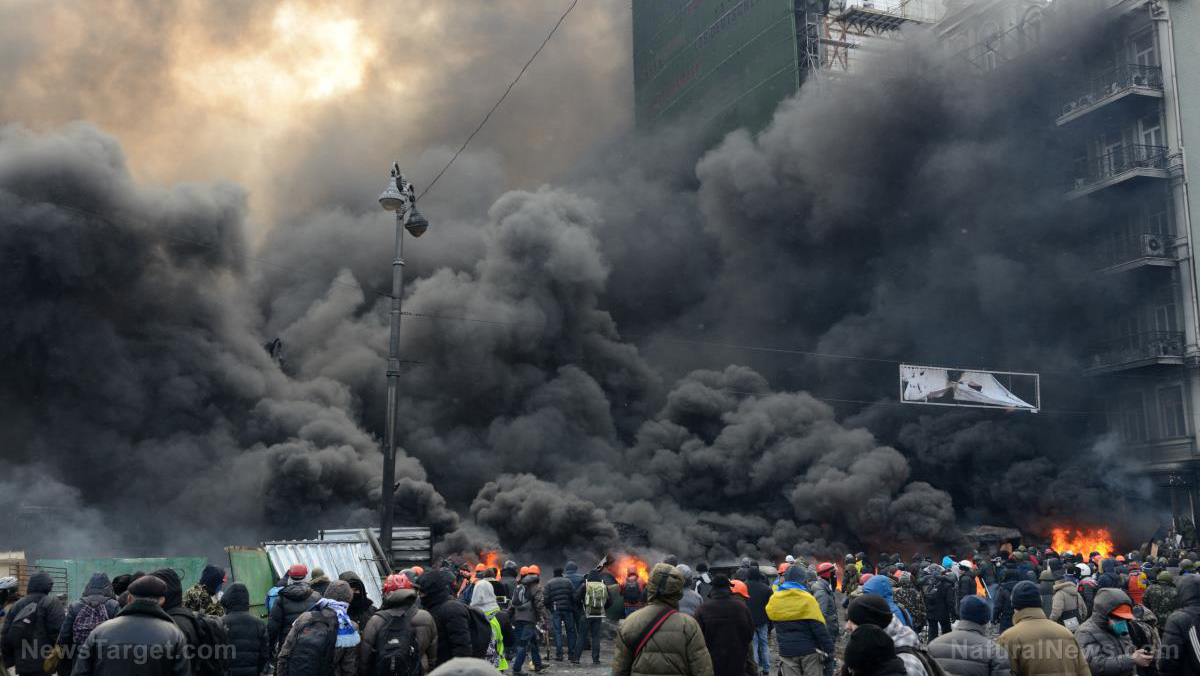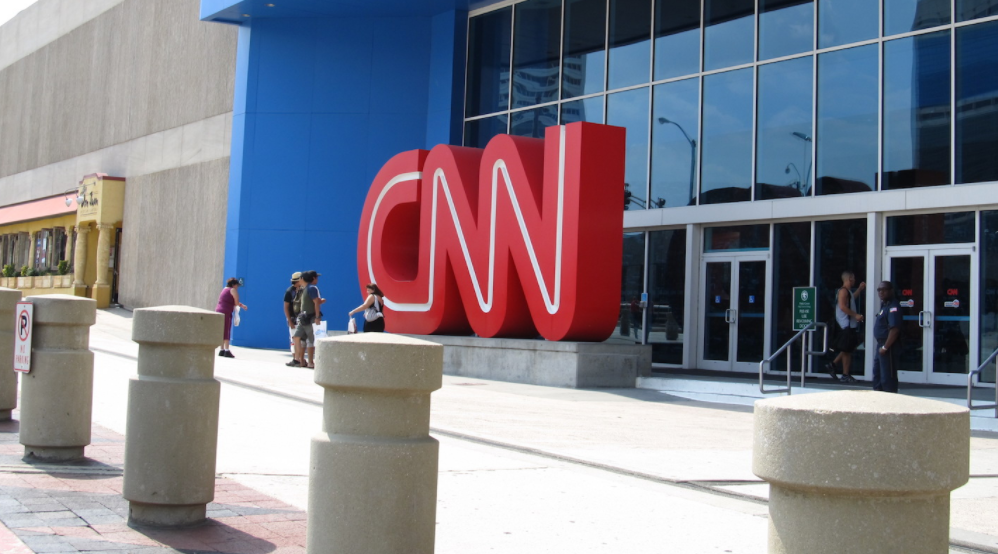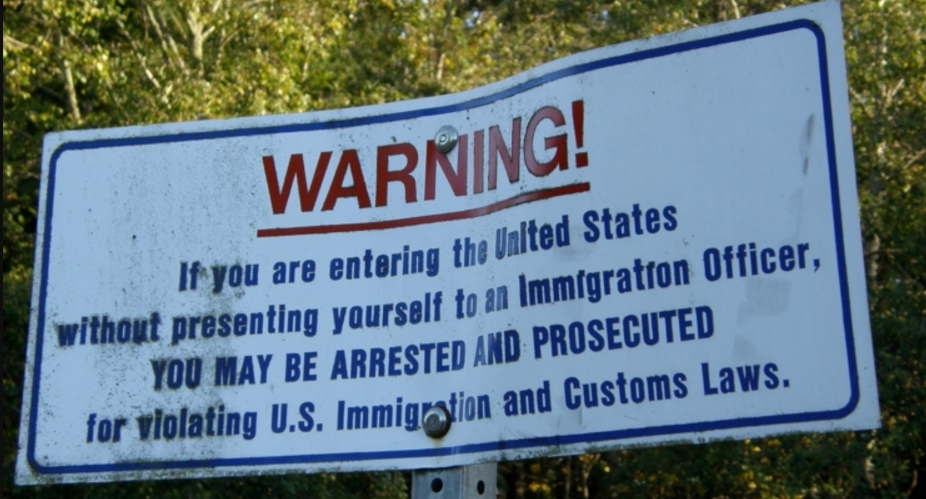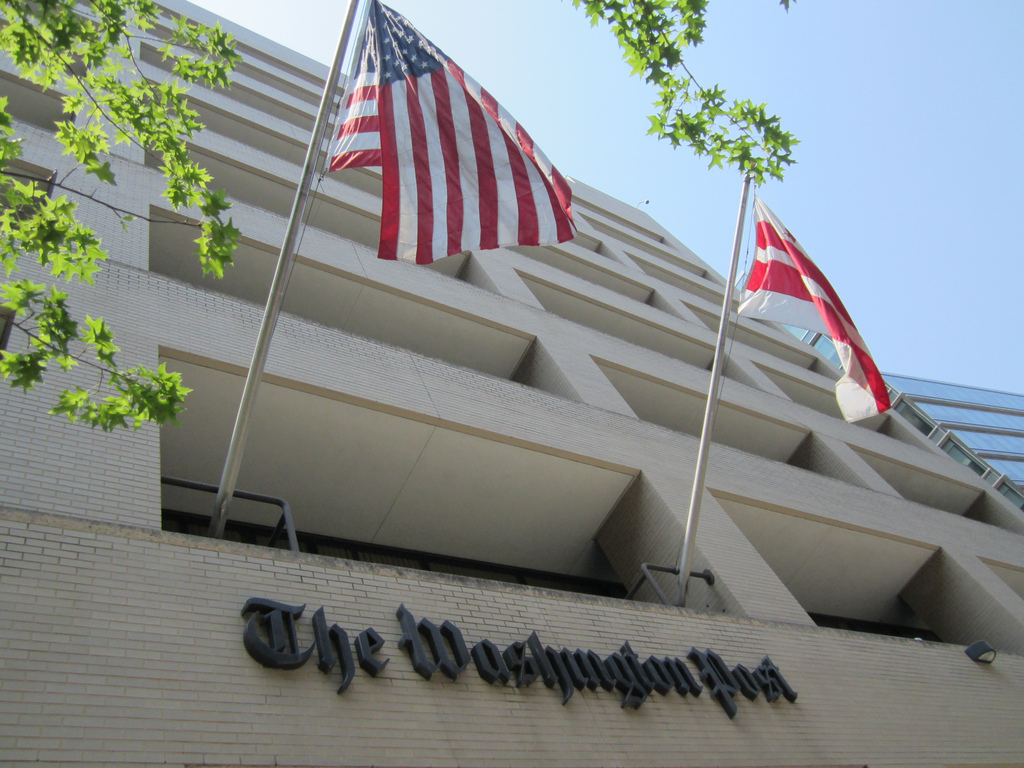Four ways U.S. intelligence reporting on “Trump-Russia collusion” is extremely deceptive
07/05/2017 / By JD Heyes
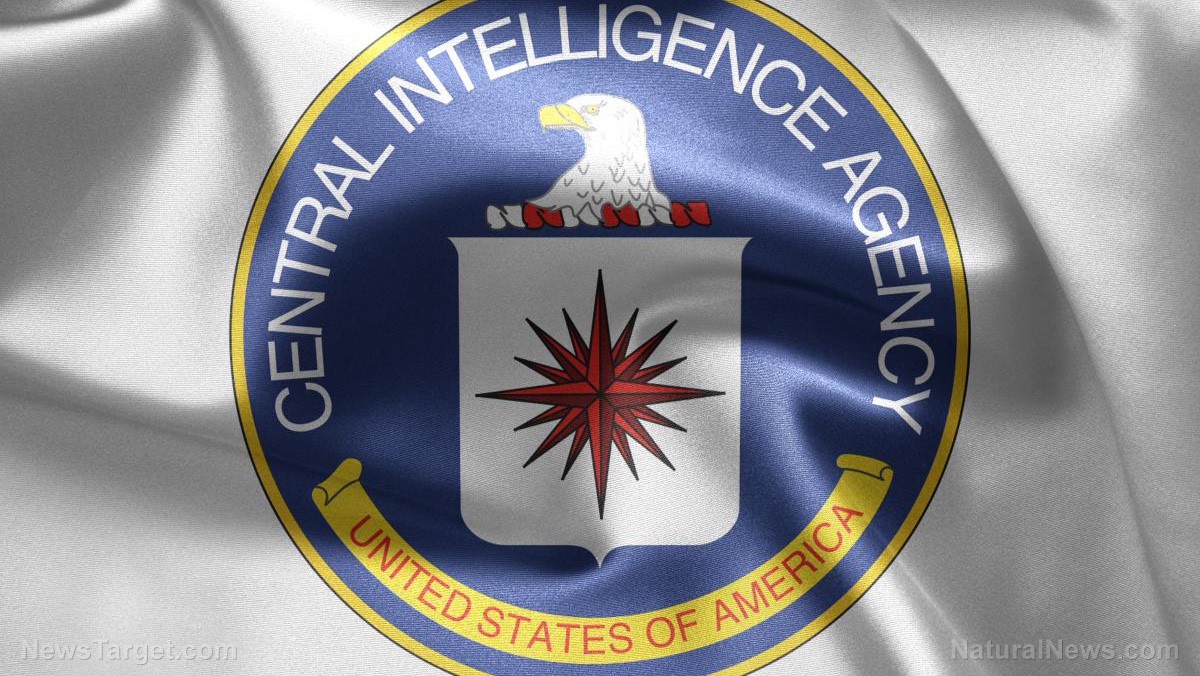
Ever since the November election the Deep State has been attempting to ‘sell’ the American public on the notion that Donald J. Trump and his campaign team somehow “colluded” with Russia to undermine the election and “steal” it from Democratic presidential nominee Hillary Clinton.
Why? Because Russian President Vladimir Putin wanted Trump to win, of course, because he “hates” Clinton, ostensibly because she questioned the fairness of Russian elections. At least, that’s what we were told.
That excuse has never made any sense, mostly because a) Trump ran on a platform of building up the U.S. military — something that would directly challenge Russian hegemony; and b) Clinton, through her use of a hacked private email server, her improper fleecing of foreign governments and interests (including Russian interests) to enrich her family foundation; and her assistance in helping Putin gain control of 20 percent of U.S. strategic uranium always made her much more susceptible to blackmail by the Russian leader (there’s a good assessment of the Clinton-Russia nexus here).
Moreover, the Deep State, via U.S. intelligence agencies, has not been convincing in providing enough data or evidence of Trump-Russia collusion, or even Russian attempts to “hack” the election. As noted by Breitbart columnist Ben Shapiro, there are five problems with the claims:
— The NSA demurred: In January we were treated to a U.S. intelligence community assessment claiming Russian interference in the November elections. The vague report was released by the head of the Office of the Director of National Intelligence, James Clapper. It said, in part: “We assess Russian President Vladimir Putin ordered an influence campaign in 2016 aimed at the US presidential election. Russia’s goals were to undermine public faith in the US democratic process, denigrate Secretary Clinton, and harm her electability and potential presidency. We further assess Putin and the Russian Government developed a clear preference for President-elect Trump.”
While this report was presented as a summary of conclusions by all 17 U.S. intelligence agencies, it was actually the product of only three: The FBI, CIA and NSA. However, the NSA never fully backed it and did not share the “high confidence” of the other two agencies. (RELATED: Insanely Stupid Leftists Think It’s A Crime For U.S. Officials To Talk To Russian Officials… DIPLOMACY Is Now A Crime?)
— Obama White House relied on a foreign country for its “critical intelligence” on Russian ‘collusion:’ The Washington Post noted that one reason NSA confidence in the conclusion was considerably less is because some of the critical information the Obama administration employed to make its decision came from a foreign country.
The details were contained in a recently-published long piece on Obama’s “secret struggle” with the Russian interference, as evidenced by this section:
Some of the most critical technical intelligence on Russia came from another country, officials said. Because of the source of the material, the NSA was reluctant to view it with high confidence.
— Not everyone in Congress agreed, either: U.S. Rep. Christopher Stewart, R-Utah, during congressional testimony by former CIA Director John Brennan on May 23, raised what he termed a “red flag” regarding the agency’s “high confidence” conclusion that Moscow sought to assist Trump:
I don’t agree with the conclusion, particularly that it’s such a high level of confidence. I just think there should’ve been allowances made for some of the ambiguity in that and especially for those who didn’t also share in the conclusion that it was a high degree of confidence.
— The intel report on the alleged interference by Russia was hastily assembled: That fact was made plain by an exchange between Brennan and Rep. Elise Stefanik, R-N.Y., during the same testimony in May:
STEFANIK: So you noted that the complexity can have an impact on the timeliness to produce a comprehensive report. This report was produced in just 20 days in December. Was there anything about this interagency process that differed the timeline, the approval process, the editing or the staffing?
BRENNAN: I think it followed the general model of how you want to do something like this with some notable exceptions.
It only involved the FBI, NSA and CIA as well as the Office of Director of National Intelligence; it wasn’t a full interagency community assessment that was coordinated among the 17 agencies and for good reason, because of the nature the sensitivity of the information trying to, once again, keep them tightly compartmented.
The longer this narrative has been out there, the more it has been contradicted, explained away or otherwise discredited.
To this date, no evidence has been presented, published or offered proving that Russia changed the outcome of the November election, as even intelligence officials have repeatedly admitted.
J.D. Heyes is a senior writer for NaturalNews.com and NewsTarget.com, as well as editor of The National Sentinel.
Sources:
Tagged Under: 2016 election, fake news, intelligence community, mainstream media, President Donald J. Trump, President Trump, Russian collusion


